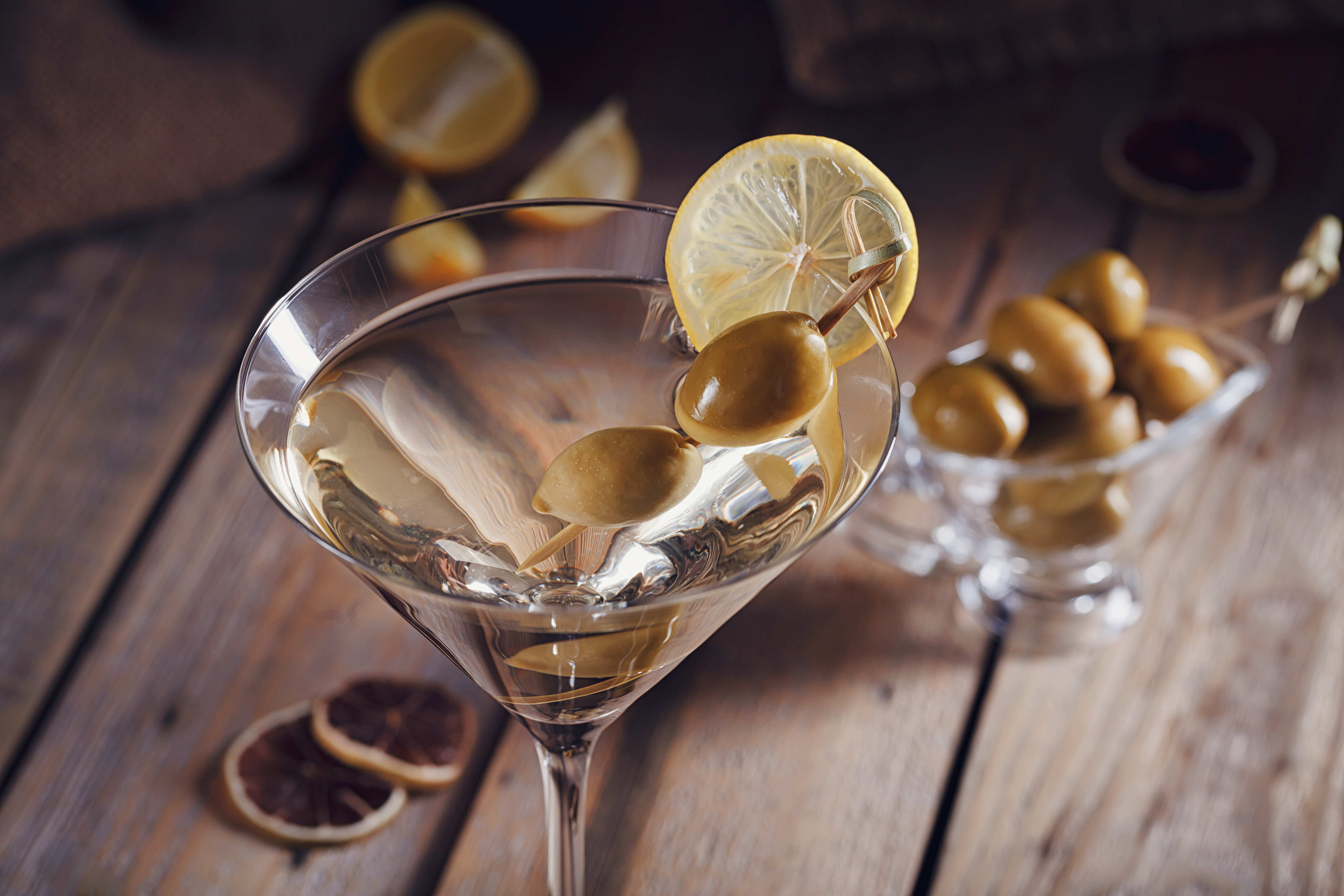Distilled spirits and liquors are synonyms referring to alcoholic beverages that have been distilled rather than fermented like beer and wine.
What is the difference between the processes of fermentation and distillation?
- Distillation is a purification process for liquids, which is done through successive vaporizing and condensation wherein the resulting liquid is collected.
- Fermentation is the chemical breakdown of a substance by bacteria, yeasts, or other microorganisms, typically involving effervescence and the giving off of heat.
As seen here, the two processes are completely different however when it comes
to Distilled Spirits, its main ingredient is usually any organic substance that ferments, typically grains and fruits. While liquor’s definition differentiates it as “distilled rather than fermented”, they do begin with the fermentation of a base ingredient.
Once fermented, the liquid is distilled through either a column or pot still to concentrate the alcohol, creating a higher proof (alcohol by volume) beverage. From there the distilled spirit is filtered, aged or flavored (or a combination of any or all three) and diluted to bottling strength.
The base liquors are brandy, gin, rum, tequila, vodka and whiskey. Within each of these categories are a number of styles, which in the case of gin there is London Dry Gin, Plymouth Gin Old Tom Gin and etc… and for whiskey there is Bourbon, Irish Whiskey, Scotch and Rye. As mentioned, there are several different categories of distilled spirits all with their own unique and distinct taste!
Gin and Tonic Travel tip:
Spain can boast of its excellent gastronomy since serving mouth-watering jamón ibérico, exquisite olive oil and debatably the best wines in the world, however there is one thing that you would not expect – its obsession to gin and tonic. From the gastronomic capital of San Sebastian in the north to the cultural southern capital of Seville, the gin and tonic is the undisputed king of spirited drinks in bars, most of which possess deep gin lists.
Due to this new obsession, Spanish distilleries have innovated and are producing several globally competitive gin brands, which are quickly breaking through International markets, and the word is that they are exceptional!
What About Vermouth?
Vermouth is one kind of aperitif or fortified wine and it definitely is not a liquor/distilled spirit.
- Aperitif / Fortified wine means that the alcohol percentage has been raised due to it being blended with brandy, gin or another distilled spirit.
The word Vermouth means “wormwood” and comes from the early German and Hungarian wormwood-infused wines. Commercialization of Vermouth began in Torino, Italy during the 18th century following its spread to France and Northern Spain and then gained popularity later on in the United States, eventually becoming strongly associated to the famous Dry Martini (which is white vermouth).
Another Alcoholic Spanish Fact:
Normally drank neat from a glass with an olive, dark vermouth reigns in style in Spain when it comes to aperitifs. It is the common choice to an afternoon of day drinking!

